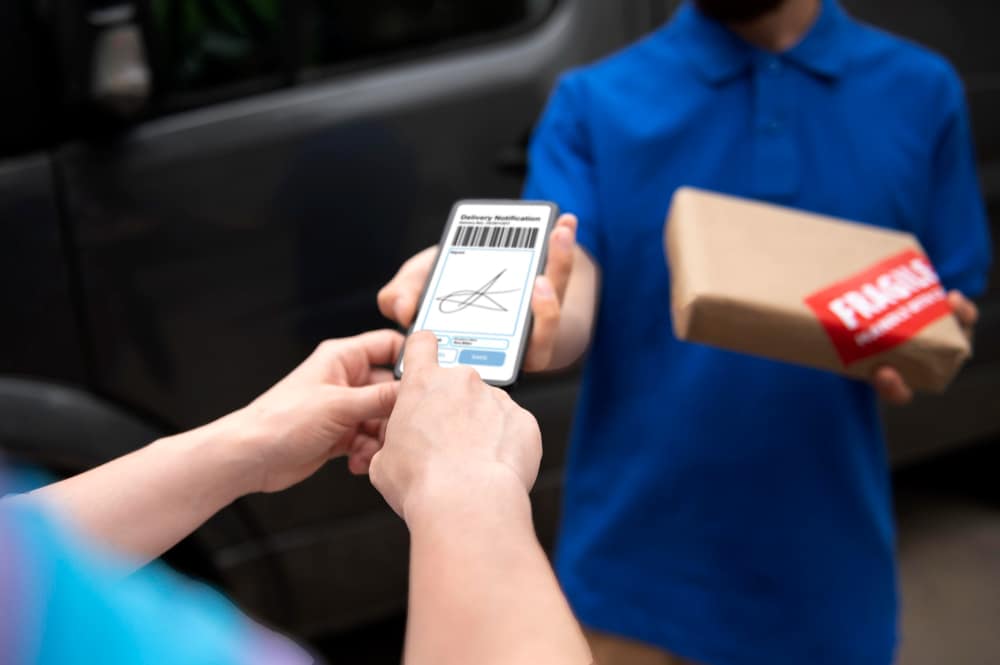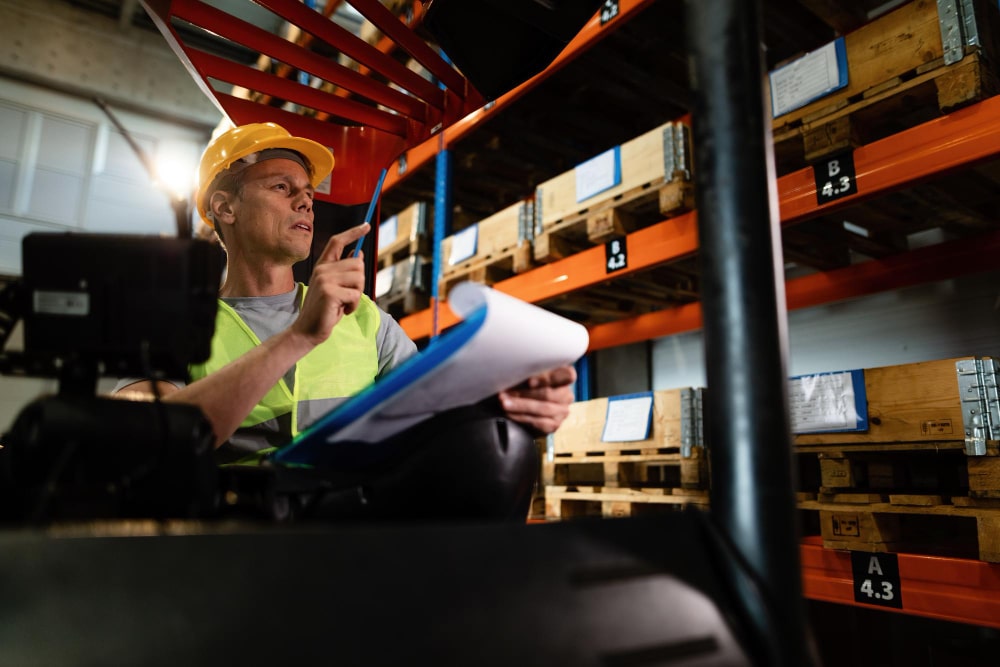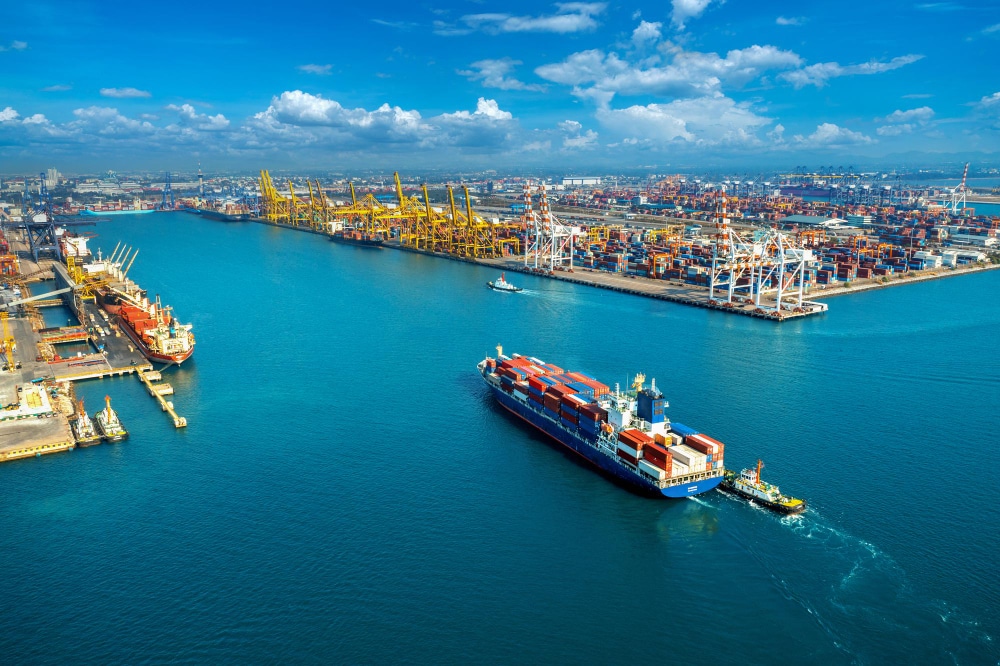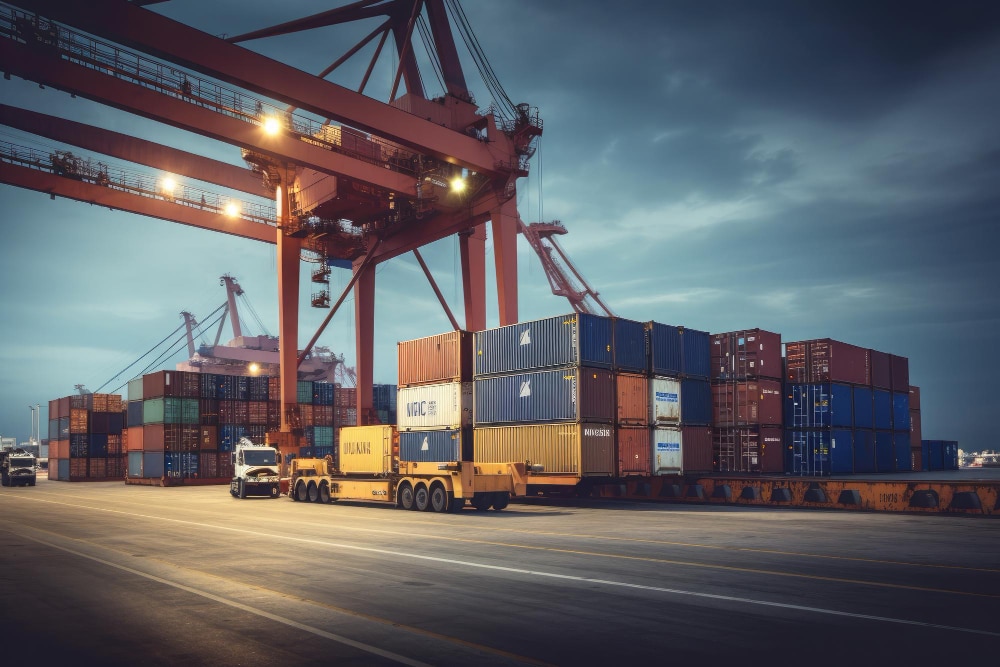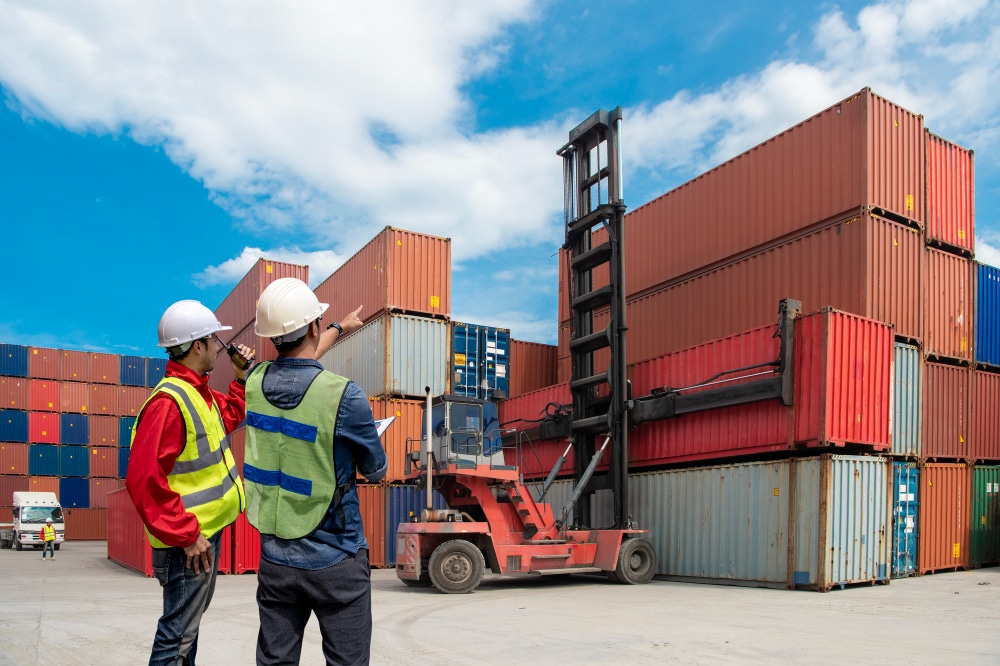Running a business is hard work, but it can be especially difficult when you’re trying to do everything yourself. That’s where dispatcher logistics come in.
Dispatcher logistics is a critical piece of the puzzle for any business. When things are running smoothly, the dispatcher is able to keep track of deliveries, shipments, and other important tasks. However, when things go wrong, the dispatcher can be overwhelmed with calls and messages.
By using dispatchers to help manage your shipments and deliveries, you’ll be able to focus on other important aspects of your business. Here are a few tips for making the most out of dispatcher logistics.
What is Dispatcher Logistics?
Logistics is the process of planning, implementing, and controlling the efficient, effective flow of goods, services, and related information from point of origin to point of consumption. Dispatcher logistics is the coordination and management of these activities within the framework of a company’s overall business strategy.
A dispatcher is responsible for ensuring that goods and materials are delivered to the correct destination, in the right quantity, and at the right time. They also track shipments and keep records of delivery times and locations.
In some cases, dispatcher logistics may also involve customer service tasks such as answering questions about shipping schedules and rates.
Dispatcher logistics is a critical part of supply chain management and can have a significant impact on a company’s bottom line.
An efficient dispatcher logistics system can help a company to save money on transportation and storage costs while ensuring that products reach customers in a timely manner.
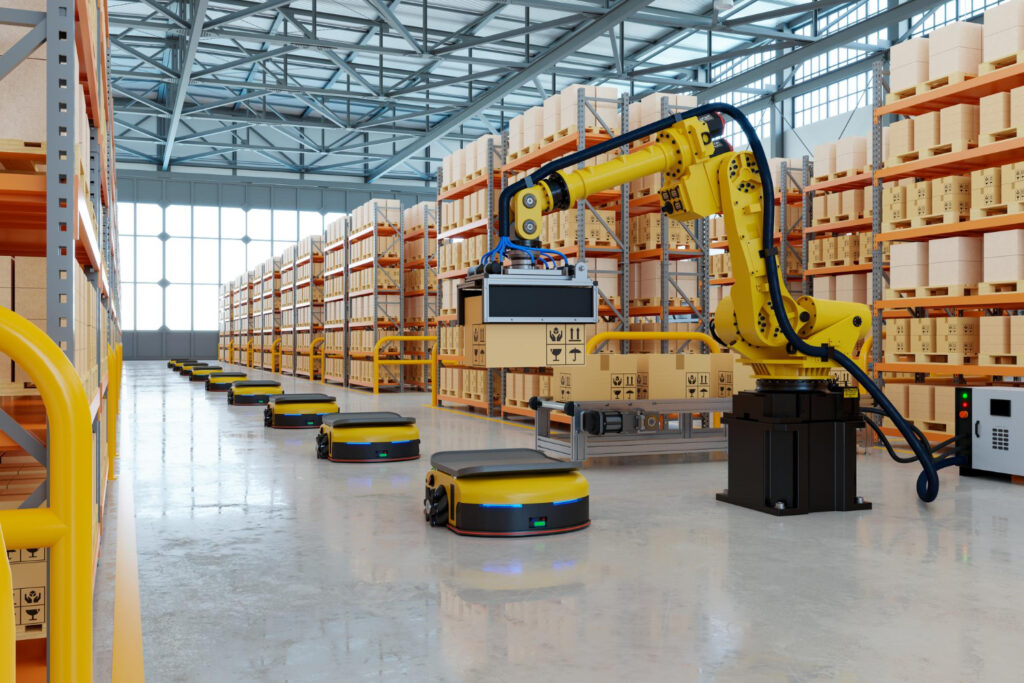
How Does Dispatching Work?
A dispatcher is usually responsible for two main things: keeping track of where each vehicle is and what its status is, and making sure that each vehicle is where it needs to be when it needs to be there.
The first part – keeping track of where each vehicle is and what its status is – is done by using a system called GPS, or Global Positioning System.
GPS is a system of satellites that orbit the earth and send signals back to earth. These signals can be used to pinpoint the location of anything on earth, including vehicles.
Most dispatch systems these days are computerized, which means that the dispatcher will input the information about each vehicle into the system.
This information will include the vehicle’s location, destination, and estimated time of arrival. The system will then use this information to track the progress of each vehicle and update the dispatcher accordingly.
The second part – making sure that each vehicle is where it needs to be when it needs to be there – is done by communicating with the driver. The dispatcher will use the information in the system to keep track of where each vehicle is and what its estimated time of arrival is.
If a vehicle is running behind schedule, the dispatcher will contact the driver and let them know. In some cases, the dispatcher may even be able to give the driver directions to help them get back on schedule.
Which Industries Dispatch?
Here are some of the most common industries that use dispatch services:
Taxicabs
One of the most common industries that uses dispatch services is the taxi industry. Taxis need to be able to get their passengers to their destination quickly and safely, and a dispatcher can help them do that. Delivery services also use dispatch services to help them get their packages to their customers on time.
Couriers
Whether it’s a time-sensitive contract or a small package containing valuable goods, couriers are responsible for ensuring that items are delivered quickly and safely. The courier industry uses centralized dispatching, meaning that couriers are dispatched to pick up and deliver goods as needed. This system allows businesses to have their items delivered on their schedule, rather than being tied to the schedule of a shipping company.
Truckers
Truckers are one of the most important types of businesses that use dispatching. A trucking company will have a fleet of vehicles, and each one needs to be carefully monitored. The dispatcher is responsible for fleet management, including keeping track of where truck drivers are, what their status is, and when it needs to be at their next destination.
Home and Commercial Services
Dispatchers are also used in home and commercial services. This can include companies that provide maid services, carpet cleaning, lawn care, and other similar services. The dispatcher is responsible for keeping track of the schedule of each technician and making sure that they are where they need to be when they are supposed to be there.
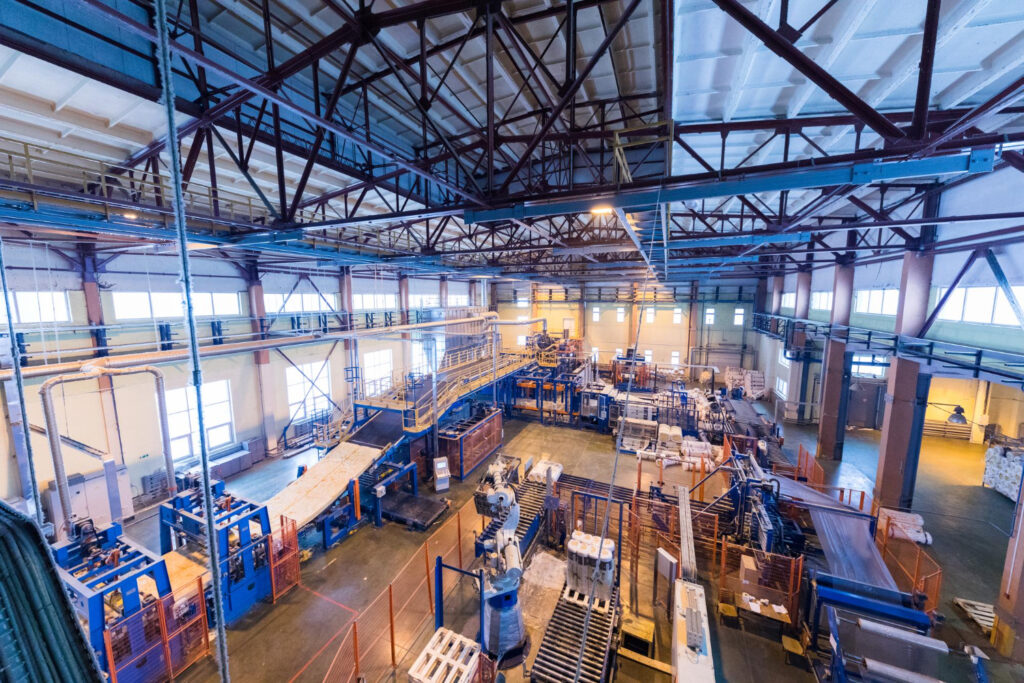
5 Tips for Efficient Dispatcher Logistics
Dispatcher logistics can be a daunting task, but with the right tips in hand, it can be a lot easier. Here are five tips to help make dispatcher logistics more efficient.
Use E-POD
As a busy dispatcher, you know that efficiency is key to ensuring that your drivers arrive at their destinations on time. One way to streamline your dispatch process is to use electronic proof of delivery (E-POD) system.
E-POD systems allow you to track each delivery from start to finish, so you can quickly see where any delays occur. In addition, E-POD systems can automatically generate delivery reports, which can be useful for tracking customer satisfaction levels.
By using an E-POD system, you can dispatch your drivers more efficiently and effectively, saving time and ensuring that your deliveries arrive on schedule.
Track Deliveries
One of the most important things that a dispatcher can do is to keep track of deliveries. This may seem like a simple task, but it is essential for ensuring that goods are delivered on time and that vehicles are used efficiently.
By tracking deliveries, dispatchers can identify any delays and take steps to avoid them in the future.
Additionally, tracking deliveries can help dispatchers to develop more efficient delivery routes. By understanding where delays are occurring, dispatchers can rearrange routes to avoid them. Ultimately, tracking deliveries is an essential part of efficient dispatcher logistics.
Automate Everything
For any business in the logistics industry, it is essential to have an efficient system in place. One way to achieve this is to automate as much of the process as possible.
By using software to track orders, schedule deliveries, and route drivers, businesses can minimize the need for manual input and reduce the chances of errors.
Additionally, automated systems can provide real-time updates on traffic conditions and delivery status, allowing dispatchers to make changes on the fly and ensure that orders are delivered on time.

Don’t Forget Customer Service
In any business, but especially in a dispatch-based business, providing great customer service is key to success. Keep in mind that your customers are the lifeblood of your business; without them, you would not have a business at all.
The customer is always going to be the most important part of your business, no matter what. If you forget about them, or if you do not provide them with the level of customer service that they deserve, then you are doomed to fail.
Increase Capacity During Holidays
As a dispatcher, you are responsible for the logistics of your company’s fleet. This can be a challenging task, especially during holidays. holidays usually involve an increase in demand, which can put a strain on your resources.
To meet this increased demand, you will need to increase your capacity. This can be done by hiring additional drivers, leasing additional vehicles, or using a third-party logistics provider.
By increasing your capacity during holidays, you can ensure that your company’s fleet is able to meet the demands of the season.
Dispatching Logistics Made Simple With Detrack
In conclusion, these dispatcher logistics tips will help every business to optimize its operations. By understanding the principles of supply chain management, businesses can better forecast inventory needs and avoid stockouts. In addition, businesses should work to streamline their order fulfillment process to minimize delays. Finally, effective communication is essential for ensuring that all members of the supply chain are on the same page. By following these tips, businesses can optimize their dispatcher logistics and improve their bottom line.
If you are looking for a dispatch system that can automate your process and provide real-time updates, Detrack can help. Try it today with no strings attached!



